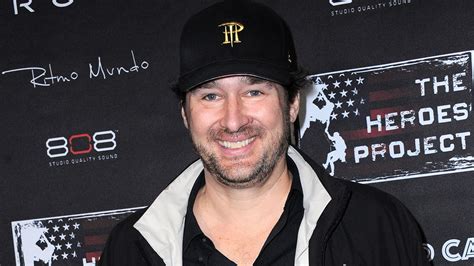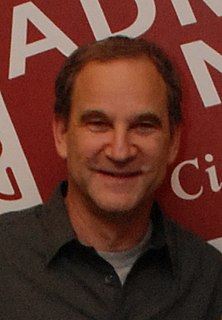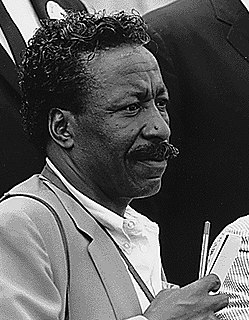A Quote by Art Buchwald
Television has a real problem. They have no page two. Consequently every big story gets the same play and comes across to the viewer as a really big, scary one.
Related Quotes
The truth is few people “think” big and even fewer “play” big. Why? Because “big” often means big responsibilitie s, big hassles and big problems. They look at that “bigness” and shrink. They’re smaller than their problems. They back away from challenges. Ironically, they back themselves into the biggest problem of all ... being broke, or close to it.
The real reason why I don't play in many big cash games is because I can't stomach the thought of losing $100,000 or more in any given session. If I play three consecutive days at the Bellagio, I might win two days but lose big on the third. Really, who needs the agony of losing that much money? Not me.
You know how it always is, every new idea, it takes a generation or two until it becomes obvious that there's no real problem. It has not yet become obvious to me that there's no real problem. I cannot define the real problem, therefore I suspect there's no real problem, but I'm not sure there's no real problem.
In my personal belief, the big problem with climate change is getting people to understand the magnitude and scale that we're dealing with. If you buy a vehicle that gets 35 miles to the gallon, that means nothing; it's not enough. We need to make changes across society and in every piece of the energy pie.
A pen is different from the pad, the key, moving your fingers across a screen. I like both. I like to work on sketchbooks, big old white sketch paper. I like how that feels, and I like to put different media on it. Then there's the phone, smartphone, iPad: It's the new page, and it's not the same page anymore.
I don't know if you've ever seen some of the Sidney Lumet movies, like Dog Day Afternoon [1975] or Network [1976]. They're real events that happen in real time, and there are all of these different characters experiencing the same thing in different parts of the movie ... I am so bad at explaining my films. But it's in the world of finance and the world of media, and how they connect. It was a big undertaking. A big, mainstream movie, which stars Julia Roberts and George Clooney. But for me, it's really just a small story about character and people.
In the Washington soft money game, big business and big labor are accomplices working together to protect the mushy middle of big government, with plenty of special interest plums: Big unions get big spending and big business gets corporate welfare and special tax breaks - all at the expense of average Americans.
































